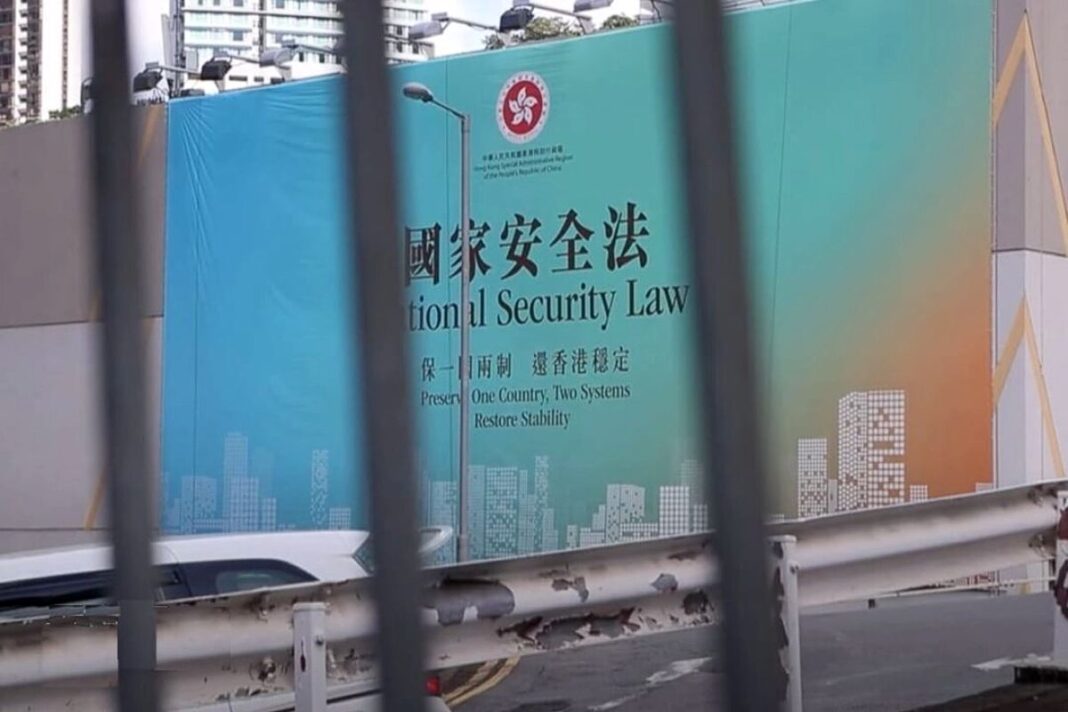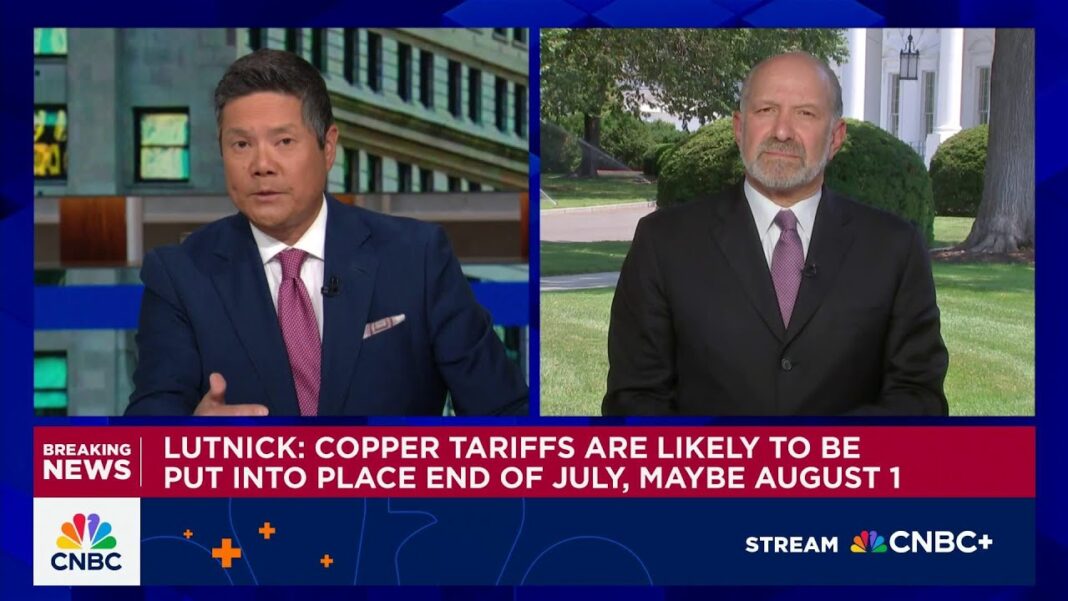Five years after the implementation of the Chinese Communist Party’s Hong Kong National Security Law, Amnesty International’s latest research report said that more than 80 percent of convictions made under the law were not justified, and should not have been prosecuted in the first place.
“This research demonstrates that the vast majority of those charged with national security offences have acted entirely within their rights,” Amnesty International’s China Affairs Director Sarah Brooks said. “Other governments should step up and use their influence to urgently press the Hong Kong and Chinese authorities to repeal the law.”
According to the report, which was published on June 29, among the 78 closed National Security Law cases, at least 66—or 84.6 percent—involved legitimate expression of opinion that should not be convicted according to international norms, and there was no evidence of any violence or incitement involved.
According to Amnesty International, when cases under Hong Kong’s 2024 Basic Law Article 23 legislation (the Safeguarding National Security Ordinance) are counted together with earlier “sedition” cases, at least 108 of the 127 cases (85 percent) are of similar nature and are unfairly prosecuted. These cases are also far from the threshold of criminal conviction required by international norms.
Amnesty’s analysis also shows that since June 30, 2020, the Hong Kong government has targeted 255 people under national security-related laws, and they’ve been detained for an average of 11 months before trial. The courts rejected bail applications in 129 national security cases, accounting for 89 percent of the cases being prosecuted.
“This draconian law, and the other national security legislation it spawned, has corroded key legal safeguards that once formed the foundation for protecting human rights and the rule of law in Hong Kong,” Brooks said. “The result has been a devastation of Hongkongers’ ability to express themselves without fear of arrest.
“The National Security Law has transformed Hong Kong from a city of tolerance and open debate into a city of repression and self-censorship. Our analysis shows that Hong Kong’s national security framework is not just a flagrant violation of international human rights standards on paper but that authorities misuse it to target opposition voices and foster an environment of fear.”
By Danny Tang








